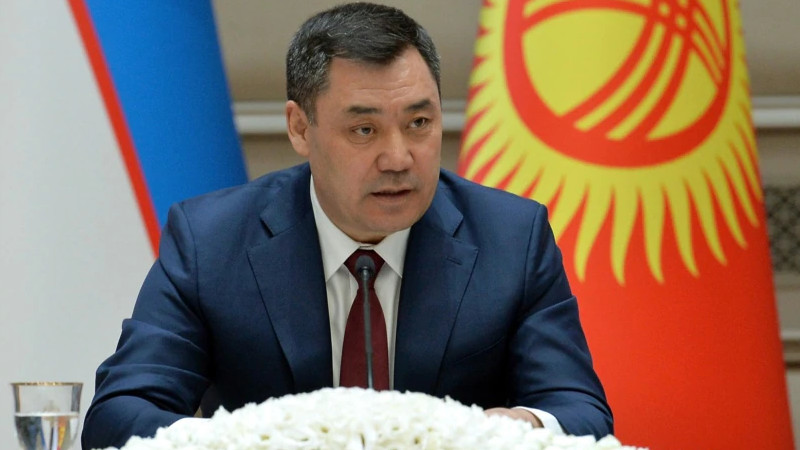Faith Under Fire: Kyrgyzstan Tightens Religious Freedom with Controversial New Law

In a significant move that has raised concerns among religious freedom advocates, Kyrgyzstan's President Sadyr Japarov has enacted two controversial laws that further tighten restrictions on religious expression and belief. On January 21st, the presidential website officially announced the signing of these new legislative measures, which are expected to have far-reaching implications for religious communities in the country.
The new laws represent a continued effort by Kyrgyz authorities to exert greater control over religious practices and organizations. By introducing these additional regulations, the government appears to be intensifying its approach to managing religious activities within the nation's borders.
Experts and human rights organizations are likely to scrutinize these legal changes, as they potentially challenge fundamental principles of religious freedom and individual rights. The precise details of the laws suggest a growing trend of increased state oversight on religious expression in Kyrgyzstan.
While the full impact of these laws remains to be seen, they signal a potentially significant shift in the country's approach to religious liberty. Religious groups and international human rights watchdogs will undoubtedly be monitoring the implementation and consequences of these new legislative provisions.

